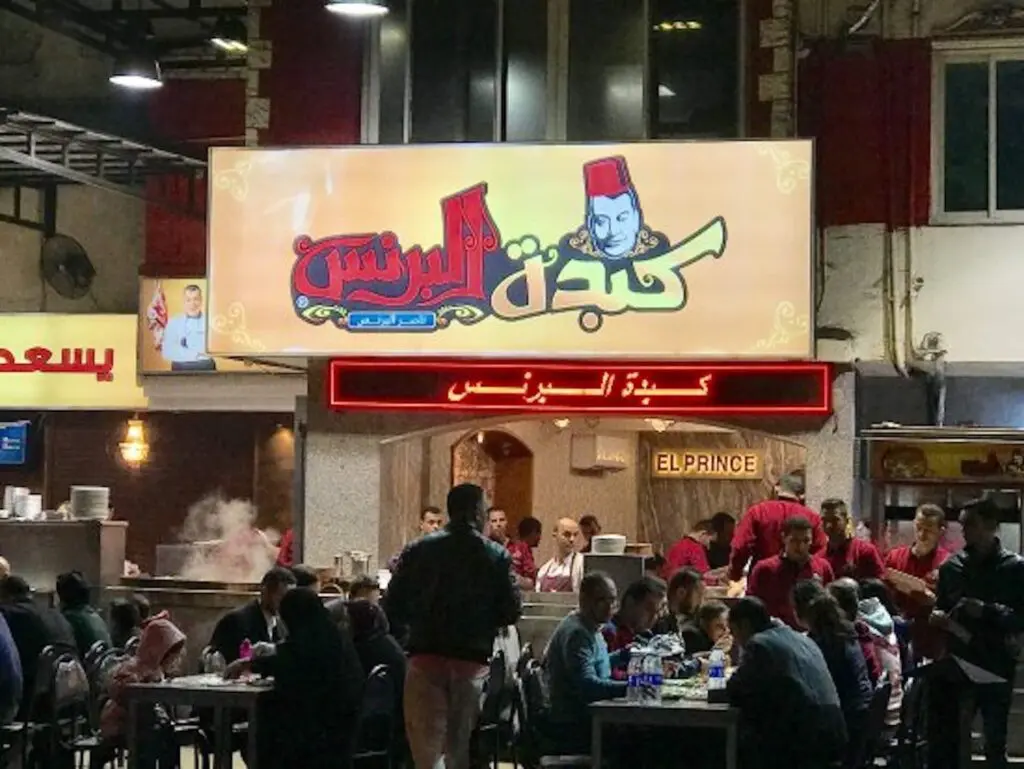Egypt
WELCOME TO Egypt
Country Overview
Cairo
1,001,450 km2
104 million
Arabic
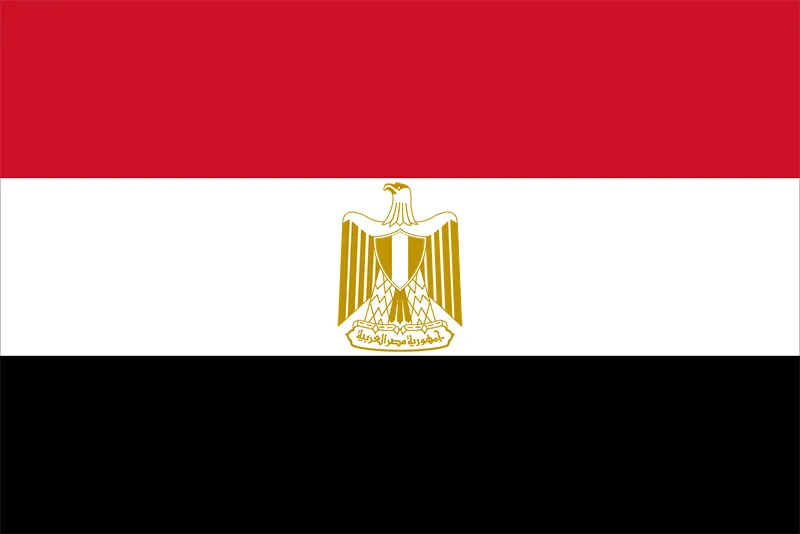
Popular
Geography and Tourist Attractions
Information about the country's tourist attractions, including popular destinations, events, and activities.
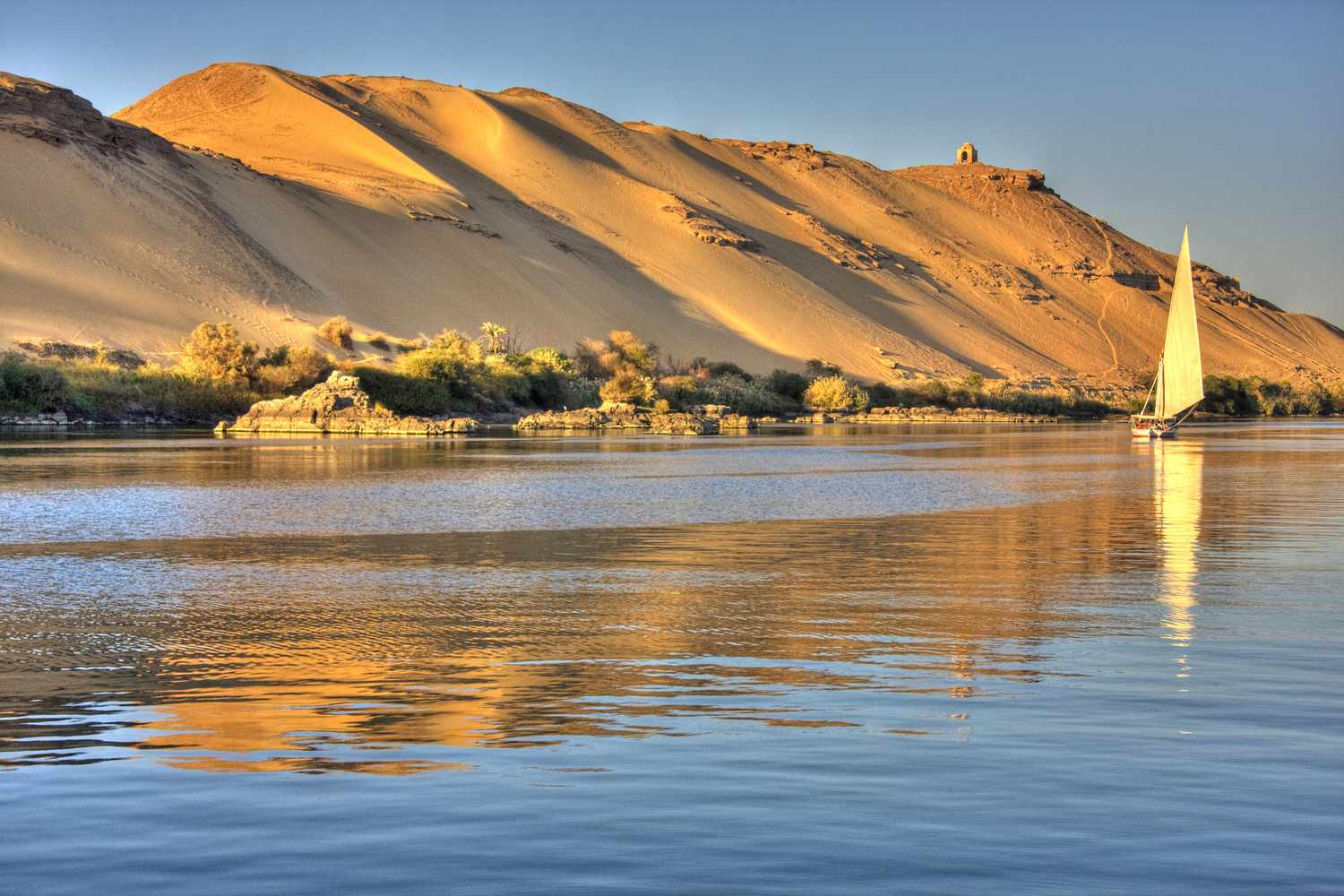
Nile River
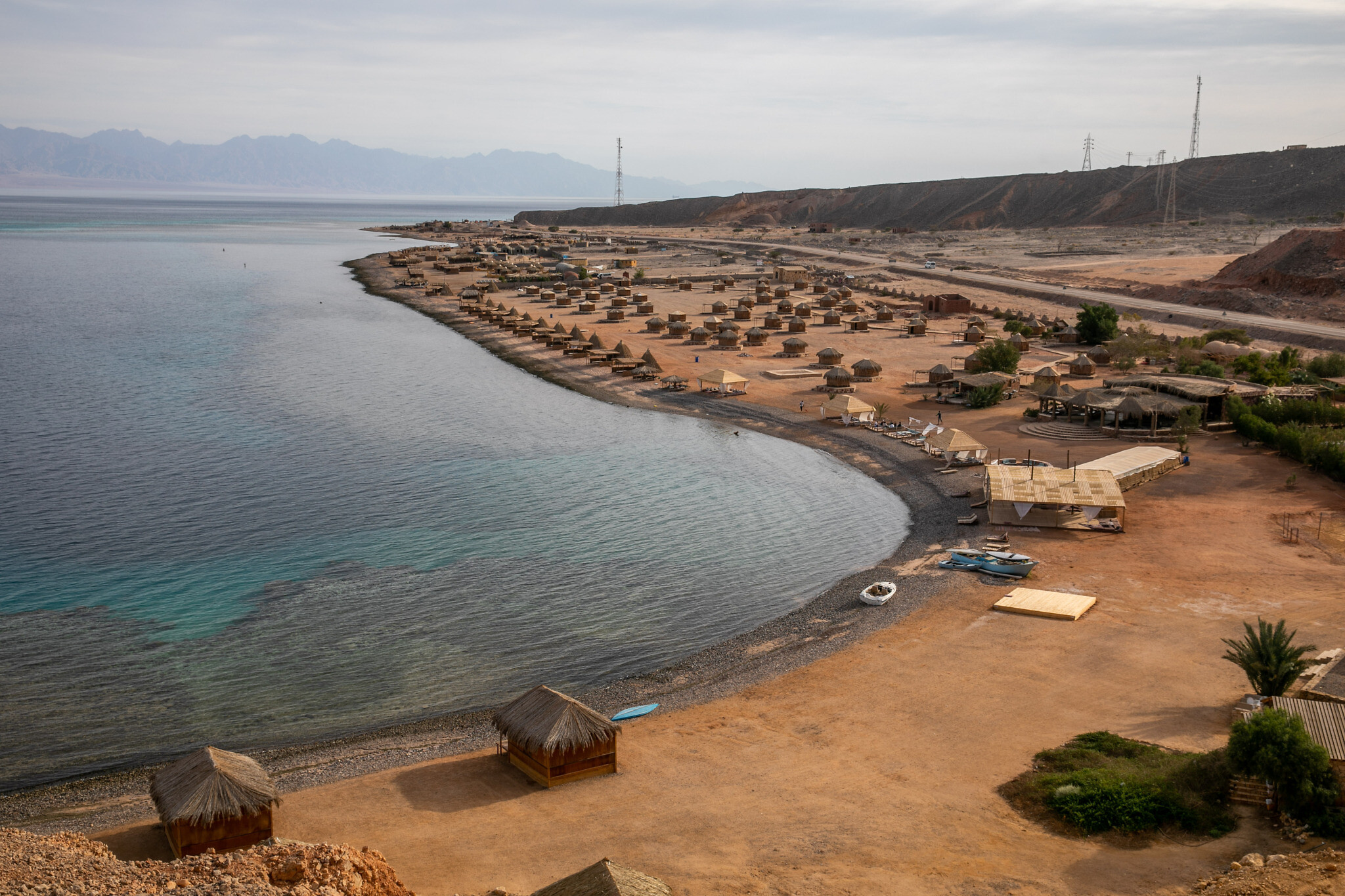
Sinai Peninsula
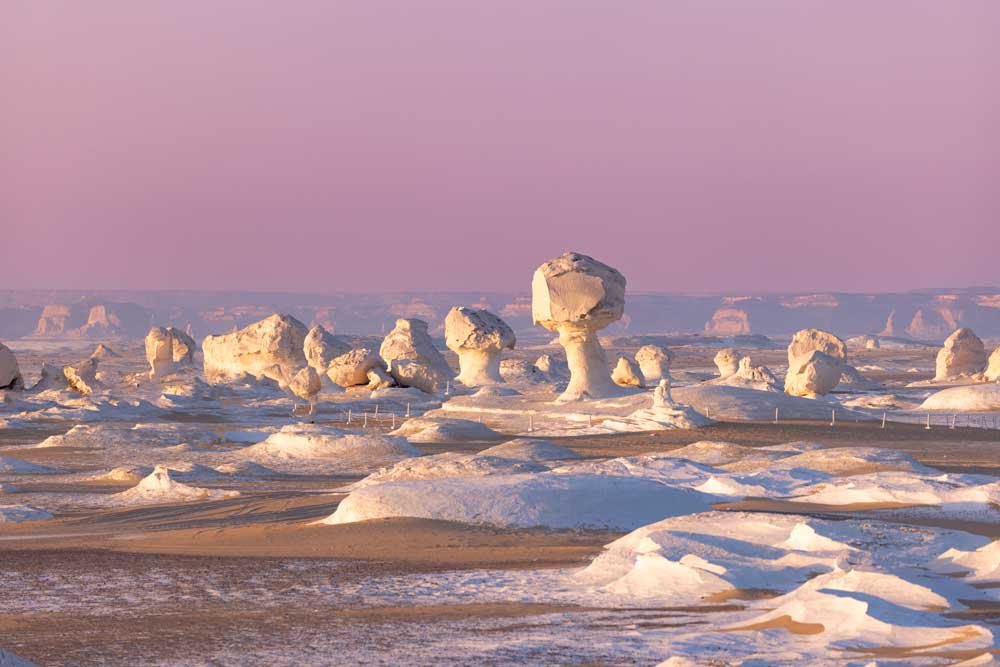
White Desert
Political
Economy and Government
Egypt has a mixed economy with elements of both a planned and market system. It is one of the largest economies in Africa, driven by sectors such as agriculture, manufacturing, tourism, and services. The country's strategic location and the Suez Canal contribute significantly to its trade and transportation industries.
Under President Abdel Fattah el-Sisi's government, Egypt has implemented economic reforms to attract foreign investment, stimulate growth, and address long-standing challenges. These reforms include reducing subsidies, implementing fiscal discipline, and encouraging private sector participation. However, these measures have also had some impact on the cost of living and social welfare.
The government plays a prominent role in the Egyptian economy through state-owned enterprises and investments in infrastructure projects. Additionally, tourism, a vital sector, has faced challenges due to political instability and the COVID-19 pandemic, impacting the economy.
Egypt's government operates as a semi-presidential republic, with the President as the head of state and the Prime Minister as the head of government. The President is elected through popular vote, while the Parliament consists of the House of Representatives and the Senate. The government's structure and policies are aimed at maintaining stability, promoting development, and addressing socio-economic issues.
Efforts are underway to promote economic diversification, improve infrastructure, enhance education and healthcare, and attract foreign investment to further strengthen Egypt's economy and improve the standard of living for its citizens.
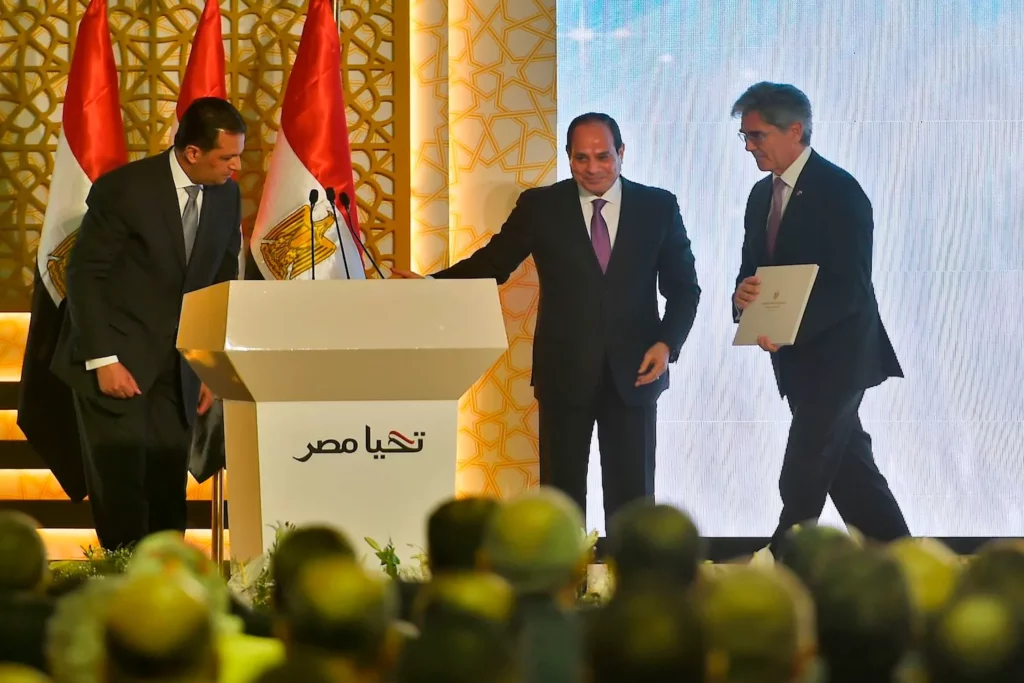
History
History and Culture
Egypt boasts a rich and captivating history, spanning over 5,000 years. The ancient Egyptian civilization emerged along the fertile banks of the Nile River and left an indelible mark on human culture. The majestic pyramids of Giza, including the Great Pyramid, stand as enduring symbols of Egypt's grandeur. The Nile served as the lifeblood of the ancient Egyptians, fostering agricultural prosperity and facilitating trade. Their pantheon of gods, such as Ra and Isis, shaped their religious beliefs and influenced subsequent civilizations.
Egypt's culture reflects a fusion of ancient traditions and modern influences. Egyptian cuisine tantalizes the taste buds with dishes like koshari and ful medames. The country's vibrant arts scene showcases traditional music, dance, and theater alongside contemporary expressions. Cairo, the bustling capital, pulsates with energy and is home to the awe-inspiring Egyptian Museum, housing countless artifacts, including the treasures of Tutankhamun.
Egyptians embrace their heritage while embracing a diverse society. Islamic and Coptic Christian traditions coexist, contributing to a rich tapestry of religious celebrations and festivals. Egypt's cultural heritage extends beyond its borders, as the iconic Sphinx, papyrus scrolls, and hieroglyphs have become global symbols of ancient wisdom. By preserving their history and embracing cultural diversity, Egyptians continue to inspire and captivate the world.
HOTELS
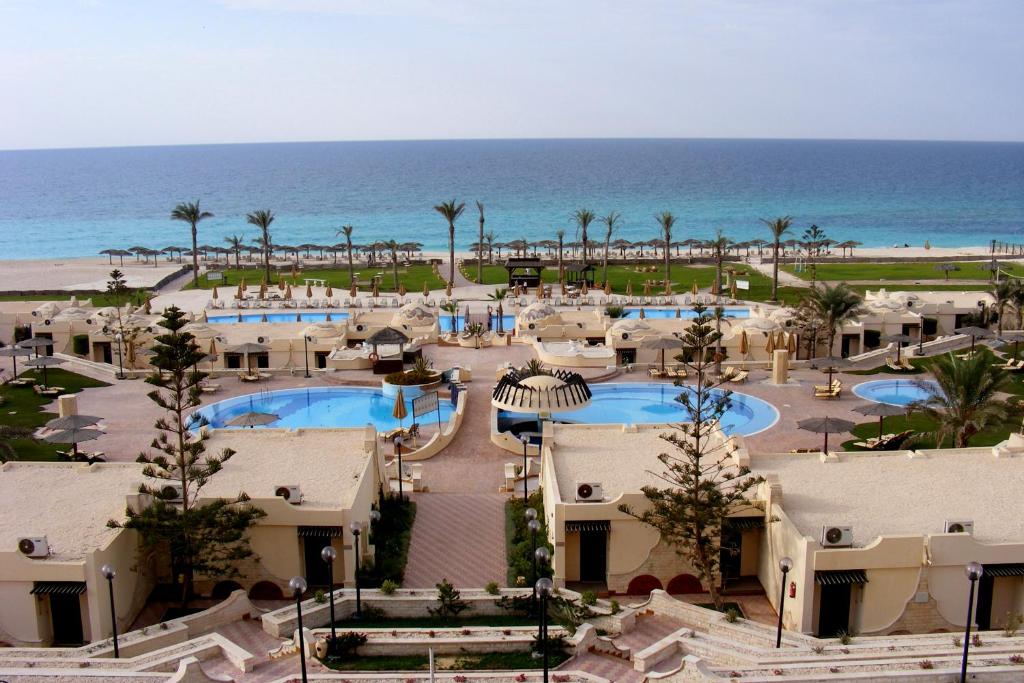
"Burj Al Arab, Egypt"

Four Seasons Hotel Cairo at Nile Plaza
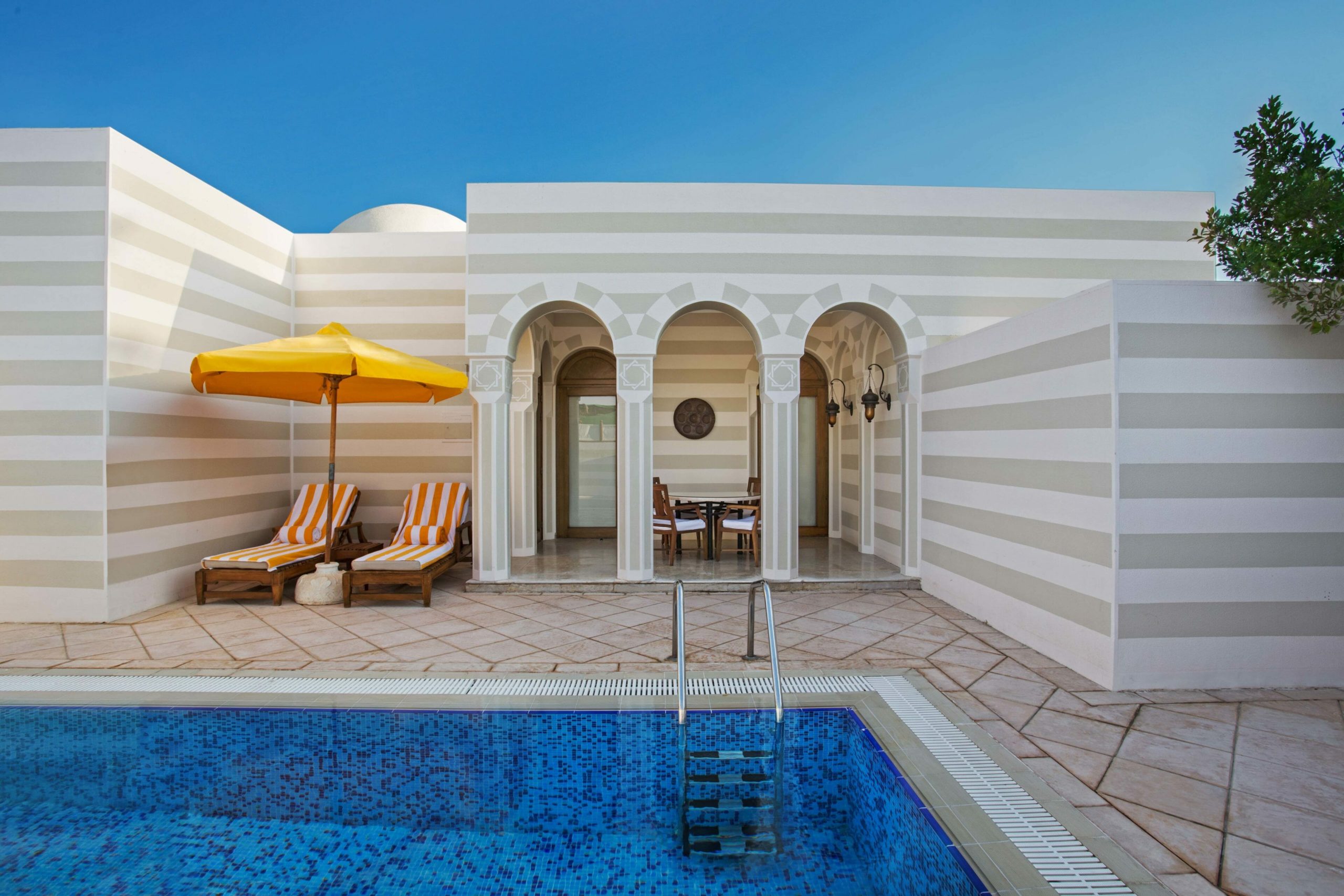
Oberoi Sahl Hasheesh
RESTAURANTS
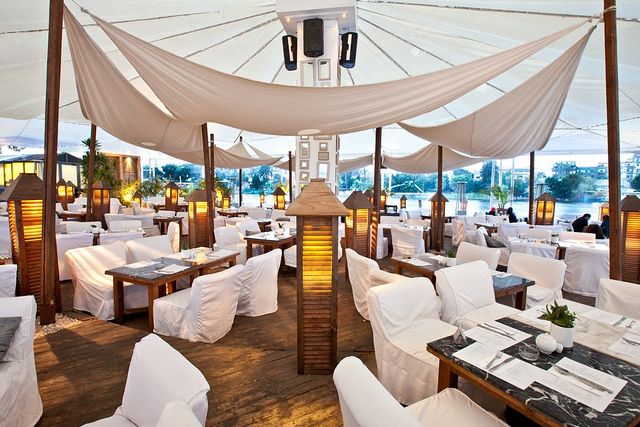
Sequoia, Cairo
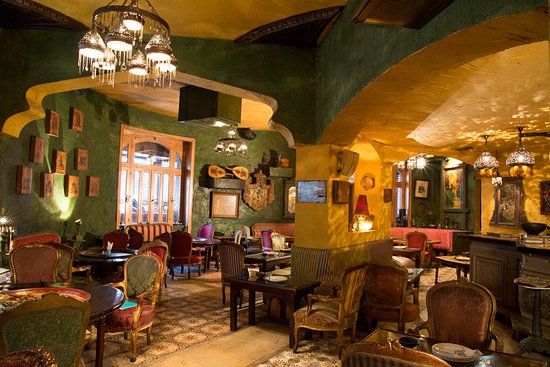
Abou El Sid, Cairo
